Education
EBoML Project Proves Boda-Boda Riders Can Learn on the go
Published
4 years agoon
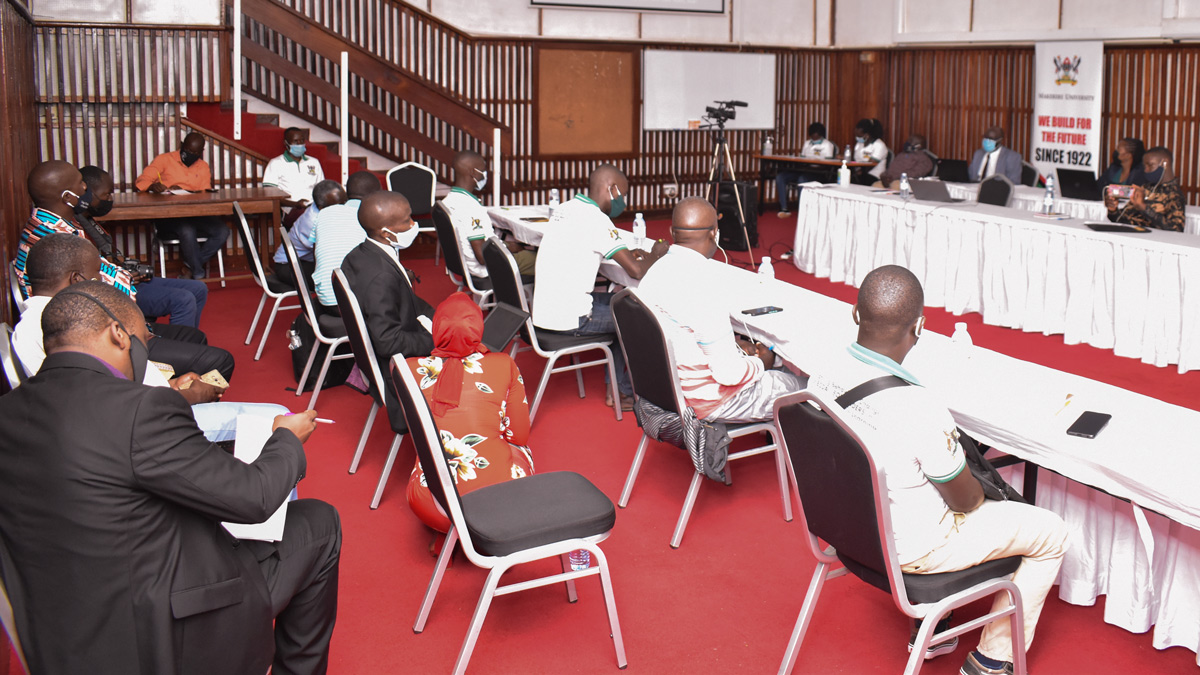
Enhancing Behavioural Change of Boda-Boda Riders in Uganda Using Mobile Learning (EBoML) is a three-year project initially funded for one year by the Government of Uganda through the Makerere University Research and Innovations Fund (Mak-RIF). The goal of EBoML is to professionalise the Boda-Boda industry in Uganda using Mobile Learning (mLearning) for positive behavioural change of Boda-Boda riders. The project is being implemented in partnership with the Ministry of Works and Transport (MoWT), Ministry of Gender, Labour and Social Development (MoGLSD) and Boda-Boda riders from the two pilot districts of Wakiso and Namayingo.
Speaking at the EBoML Research Dissemination Workshop held on Friday 28th May 2021, the Deputy Principal, College of Education and External Studies (CEES) and EBoML Principal Investigator (PI) Dr. Paul Birevu Muyinda noted that although the Boda-Boda industry employs more than 50% of youth, it lacks order, the riders have limited or no savings and they face a myriad of health risks.
Furthermore, riders by the “nomadic” nature of their work cannot be gathered into the organised classroom settings and given one-off training on behavioural change. The solution; take learning to the beneficiaries wherever they are, provided they have a smartphone and an internet connection.
“We therefore developed a multimedia-based Positive Behavioural Change virtual mLearning Environment (PBC-mLE) for self-paced and/or assisted lifelong learning in; safe-driving principles, health-living and entrepreneurship” remarked Dr. Birevu.
The PBC-mLE was then rolled-out in the pilot districts, evaluated and the purpose of the dissemination workshop was to present findings from that exercise.
Presenting findings from the Entrepreneurship Module, Mr. Turyakira Nazarius shared that the majority of Boda-boda riders (83%) knew the importance of saving and 69% were in the habit of saving regularly, with only 5% admitting to never having saved. The majority (40%) preferred to save with the Boda-Boda scheme, while a third (33%) opted to keep their savings in a secret location at home. 14% saved with a bank, 8% saved with a trusted person and 5% used other undeclared methods.
Further analysis revealed that solving daily household demands and paying school fees at 22% each accounted for the largest expenditure of savings. These were followed by buying household assets and caring for parents at 16% each, servicing loans (7%) and other expenditures (17%).
The Boda-Boda riders were also asked to share the most important skills they would wish to acquire. At 26%, the need for skills on how to secure more capital topped the riders aspirations. This was followed by basic knowledge about the Boda-Boda business at 22%, Marketing at 19% and Customer care at 16%. Record keeping accounted for 13% of the responses while 4% aspired to learn other skills in areas such treating cattle diseases.
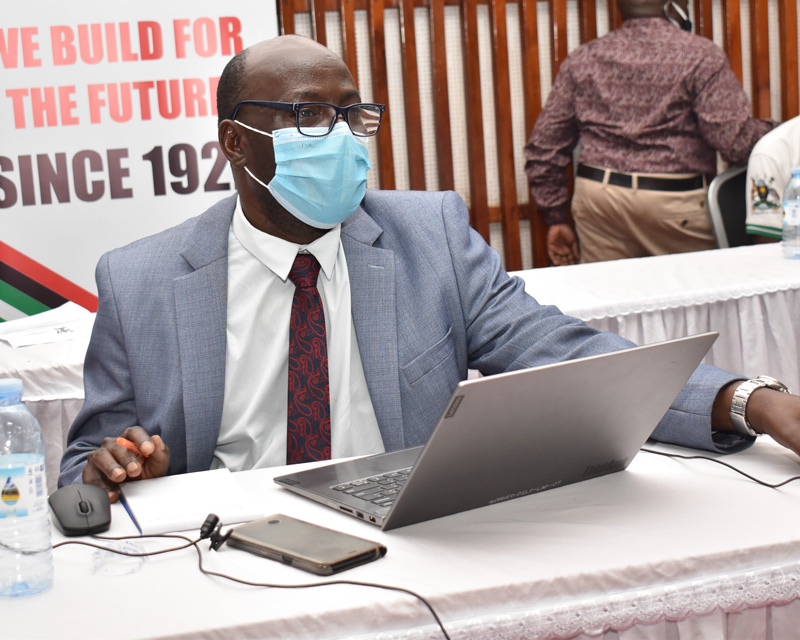
At the end of the entrepreneurship module, riders were expected to know; the different ways of saving, the different types of businesses, good customer care practices and how to use savings from Boda-Boda riding to start up another business.
“Being a service industry, good or bad hygiene impacts directly on the riders’ lives and those of their customers thereby having an impact on the business” remarked team member, Ms. Lillian Mbabazi from the Department of Performing Arts and Film (PAF) as she presented findings from the Health and Safe-Living Module.
Findings revealed that 66% of Boda-Boda riders acquire health information from their fellow riders or friends, 51% from healthcare providers and 50% from family or the mass media. Other riders reported that they secure information from; health outreaches, social media, school or classes, herbalists, the internet and other sources.
A number of health issues were reported to impact the lives of Boda-Boda riders. Accidental injury, hygiene and substance abuse had the highest recorded impact at 80%, 44% and 42% respectively. Additionally, intentional injury and violence accounted for 38%, unwanted pregnancy and parenting-28.7%, Sexual health-27% and obesity-11%.
Boda-Boda riders reported a number of barriers they faced in accessing healthcare. These, in order of priority included; high costs, long waiting lists, embarrassment, lack of knowledge, long distances to facilities, time constraints and language barrier among others.
Furthermore, healthy eating, emergency services and dental services at 53%, 52% and 45% respectively were reported by the riders as aspects of healthcare that lacked sufficient information. Others reported were; mental health, prolonged disease or condition management, education about physical activity, primary health care, substance abuse and treatment, and reproductive health.
Boda-Boda riders when not on the move are usually stationed at designated stages. Under personal and workplace hygiene, only 30% of riders reported that they had access to running water for handwashing. Additionally, while 83% of riders admitted to bathing three or more times a week, 6% said they bathed only once a week. On the bright side, 39% of the riders admitted to bathing twice a day.
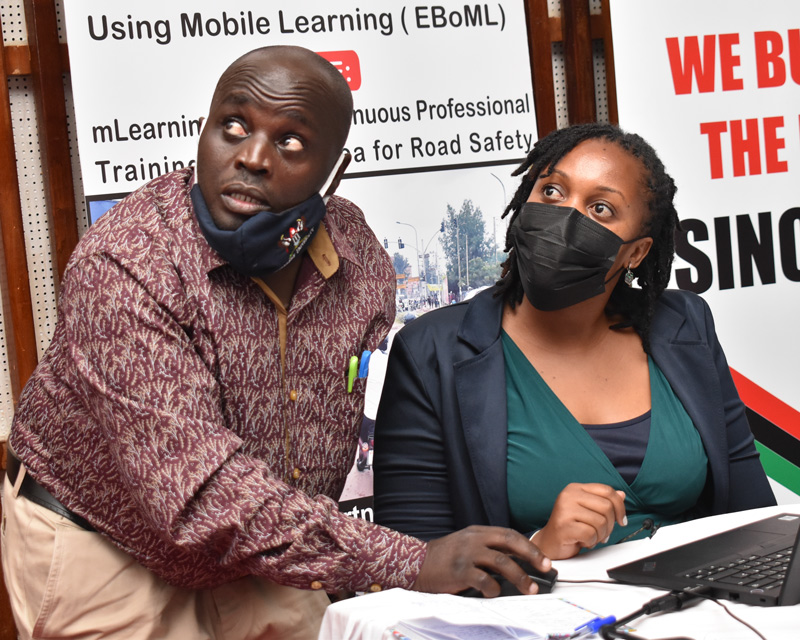
In terms of risky sexual behaviour, whereas 65.7% of the riders reported that they had sex with one to two sexual partners in the past 12 months, 23% had engaged in sex with three or more women in the same period. On an alarming note, 57% of the riders reported that they did not use a condom in the past six months prior to the survey.
Engaging with multiple sexual partners is a high-risk sexual behavior especially in the absence of condom use. The researchers therefore sought to find out the number of women impregnated by the riders in the last twelve months. Whereas the majority (53%) reported that they hadn’t impregnated any women in the period, 36% had impregnated one, 6% two, 4% three and 1% four or more.
Further examination of the relationship between riders and the women revealed that whereas 35% had impregnated their wives and 5% their girlfriends, disturbingly, 1% had impregnated a student and another 1% a stranger. 4% admitted to impregnating a girl/woman who was neither a wife, nor a girlfriend, nor a student, nor a stranger. The majority (54%) opted not to state their relationship with the woman they impregnated.
Transactional sex between Boda-Boda riders and clients who fail to pay cash for their trips has often been talked about but with no figures of its extent. Findings from the EBoML team revealed that whereas 88% of Boda-Boda riders reported that they do not engage in transactional sex, 12% admitted to engaging in the practice.
Away from the health and safe-living, the third and final module on Safe-Driving revealed that 63% of Boda-Boda riders sampled had less than five years of riding experience. Nevertheless, 12% admitted to having more than ten years of riding experience and the rest (25%) had six to ten years of experience.
Adulthood is a regulatory requirement for operation of motor vehicles because maturity is considered a critical factor for decision making. The project therefore sought to ascertain at what age the riders first operated a motorcycle. Whereas the majority of riders (84.6%) said that they were 18 years and above at the point of first riding, 6.8% admitted to have started riding while still below 18 years of age. 8.6% of respondents said they were more than 30 years of age at their first riding attempt.
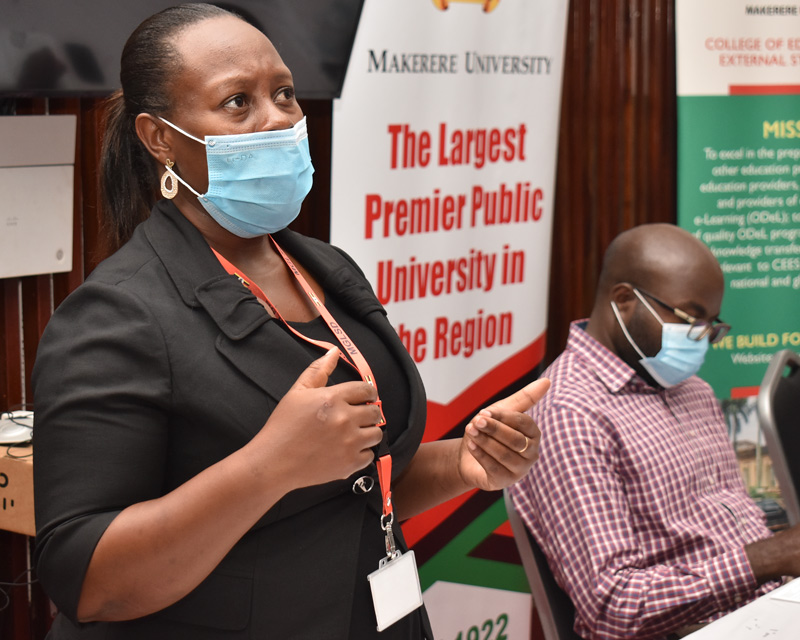
A driving permit is a legal requirement for every Boda-Boda rider. That notwithstanding, only 13% of respondents were in possession of a driving permit, with the majority (87%) having never acquired one. A further analysis of the reasons as to why riders didn’t possess permits revealed the expense involved as the biggest deterrent at 75%. Others reasons cited were; ability to freely ride without a permit (34%), ignorance of permit acquisition procedures (43%) and no time to process the permit (10%). Despite not possessing driving permits, 90% of Boda-Boda riders claimed to know the rules governing the road usage.
The pilot also sought to determine the leading causes of Boda-Boda accidents. Crossing animals at 43.5% were cited as the leading cause, followed by over speeding and other motorists/Boda-Boda riders at 41.5% and 30.5% respectively. Other causes cited included; poor mechanical condition of motorcycles, struggling for passengers with peers, overloading, excitement during celebrations, drink driving and other causes at 21.5%, 16%, 15.5%, 11%, 8.5% and 6.5% respectively.
In terms of training needs under this module, the majority (66%) of riders required training in basic mechanics to help reduce their expenses at the garage. Additionally, 65% required training in road safety while 4% preferred training in both defensive driving and understanding road signs.
The dissemination workshop would have been incomplete without feedback from the project beneficiaries. Speaking on behalf of the Boda-Boda riders, Mr. Ayebazibwe Rogers and Mr. Alibe Jonathan both based in Wakiso District thanked the EBoML team for according them the opportunity to access lifelong learning without interrupting their work schedules. The riders highlighted some of the valuable lessons learnt in each module as;
Under the Entrepreneurship Module:
- How best to start up a small scale business alongside the Boda-Boda job
- Importance of saving money even the least earnings and why one should save
- Customer care
- How to deal with losses
- Book keeping
- Good work ethics and appreciating the value of work
Under the Safe-Driving Module:
- Importance of the wearing helmets and protective gear
- Defensive driving
- Simple mechanics
- Importance of road signs and colour codes
- Smartness and presentability
- Road use in consideration of other road users
Under the Health and Safe-Living Module:
- How to avoid use of drugs and narcotics
- How to avoid pregnancy and sexually transmitted diseases (STDs)
- Healthy dieting
- Good personal hygiene
- A health body is the primary tool of work
- A healthy rider attracts more customers
The riders’ representatives nevertheless asked that the learning materials be adapted into simpler English and make use videos/illustrations that are relevant to the Ugandan setting.
In her remarks, Ms. Nazziwa Sharifah who represented the Permanent Secretary (PS), MoGLSD expressed her Ministry’s gratefulness at being part of the project. She said the Ministry under its Department of Occupational Safety and Health inspects workplaces for safety standards and investigates accidents, occupational diseases and dangerous occurrences. She noted that though informal, the Boda-Boda industry, was an asset to the National workforce.
“I therefore encourage Boda-Boda riders as assets in our workforce to always ensure that they wear their helmets and maintain good personal hygiene and health practices” she said.
Ms. Nazziwa reassured participants of of her Ministry’s readiness to protect the rights and safety of all workers, the majority of whom are youth. She equally recommended that since the majority of the Boda-Boda riders were either illiterate or semi-literate, the EBoML project should translate learning materials into local languages so as to reach more beneficiaries.
The MoGLSD representative also shared that the Green Jobs and Fair Labour Market Programme under her Ministry is tasked with, among other objectives, providing support to youth and women in form of affordable credit and grants at both individual and group levels. She therefore urged the Boda-Boda riders to always value their group schemes.
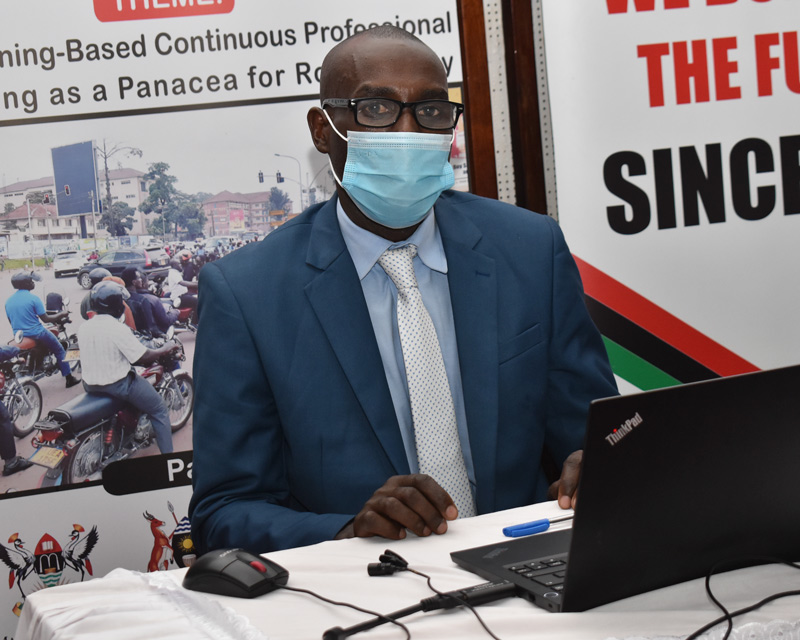
Representing the PS, MoWT, Mr. Bageya Waiswa, the Senior Road Safety Officer in the same ministry, Mr. Katunguka James commended CEES for the EBoML innovation that is going to tremendously address behavioural change among Boda-Boda riders and improve road safety. Pointing to the over 3,500 lives lost per year due to road traffic accidents, the PS said there was need for a multi-sectoral approach to influence the behaviour of road users in order for Uganda to achieve the 50% reduction in road traffic fatalities target by 2030.
“Riding competence and discipline is a key foundation for road safety that demonstrates the rider’s abilities to use the road without endangering his/her life or other road users” he explained.
He added that findings by the EBoML project findings would go a long way in helping Government to develop scientifically proven evidence-based interventions aimed at improving behavioural change of Boda-Boda riders in Uganda.
Mr. Bageya in his speech read verbatim by Mr. Katunguka equally pledged his Ministry’s support and continued partnership with CEES and promised that MoWT would spearhead the implementation of project findings.
He challenged every participant to play to play their part in sustainable road safety enhancement, concluding that “Road safety begins with you, with me and road safety is a shared responsibility.”
Please see Downloads for the detailed presentations
You may like
-
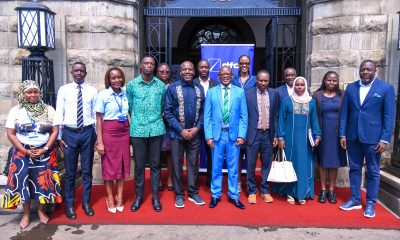

Makerere University, DFCU Bank Sign MoU to Advance Innovation, Student Leadership and Research
-
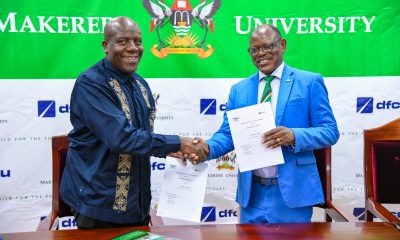

Press Release: Mak & DFCU Partner to Enhance Higher Education, Research & Student Support
-
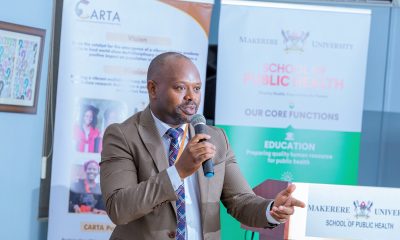

CARTA Focal Person Dr. Isunju Appointed to MakPress Editorial Board
-
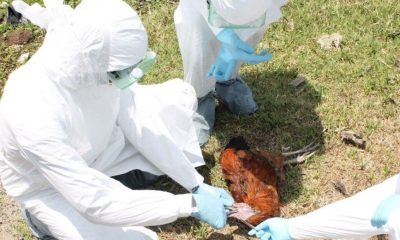

Advancing Regional Health Priorities Through the CARTA Research Hubs
-
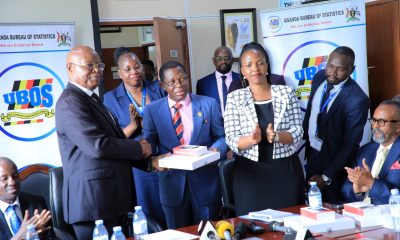

Makerere University Receives 700 Tablets from UBOS to Boost Statistical Activities
-
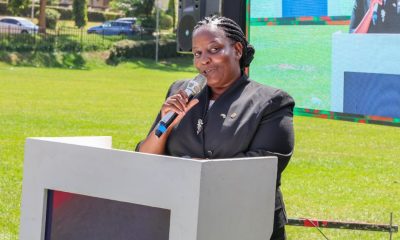

Emorimor Calls for Makerere to Upgrade Parenting Course
Education
Admission List to Bachelor of Education External (BED) 2025/26 -Private Sponsorship
Published
1 day agoon
July 4, 2025By
Mak Editor
The Office of Academic Registrar, Makerere University has released the admission list of Diploma holders provisionally admitted to Bachelor of Education (EXTERNAL) programme under Private Sponsorship for the Academic Year 2025/2026 pending verification of their academic documents by the awarding institutions.
The List can be accessed by following the link below:
Update 4th July 2025, Batch II
Education
Mak CEES discusses partnership with King Salman Global Academy for the Arabic Language
Published
2 weeks agoon
June 20, 2025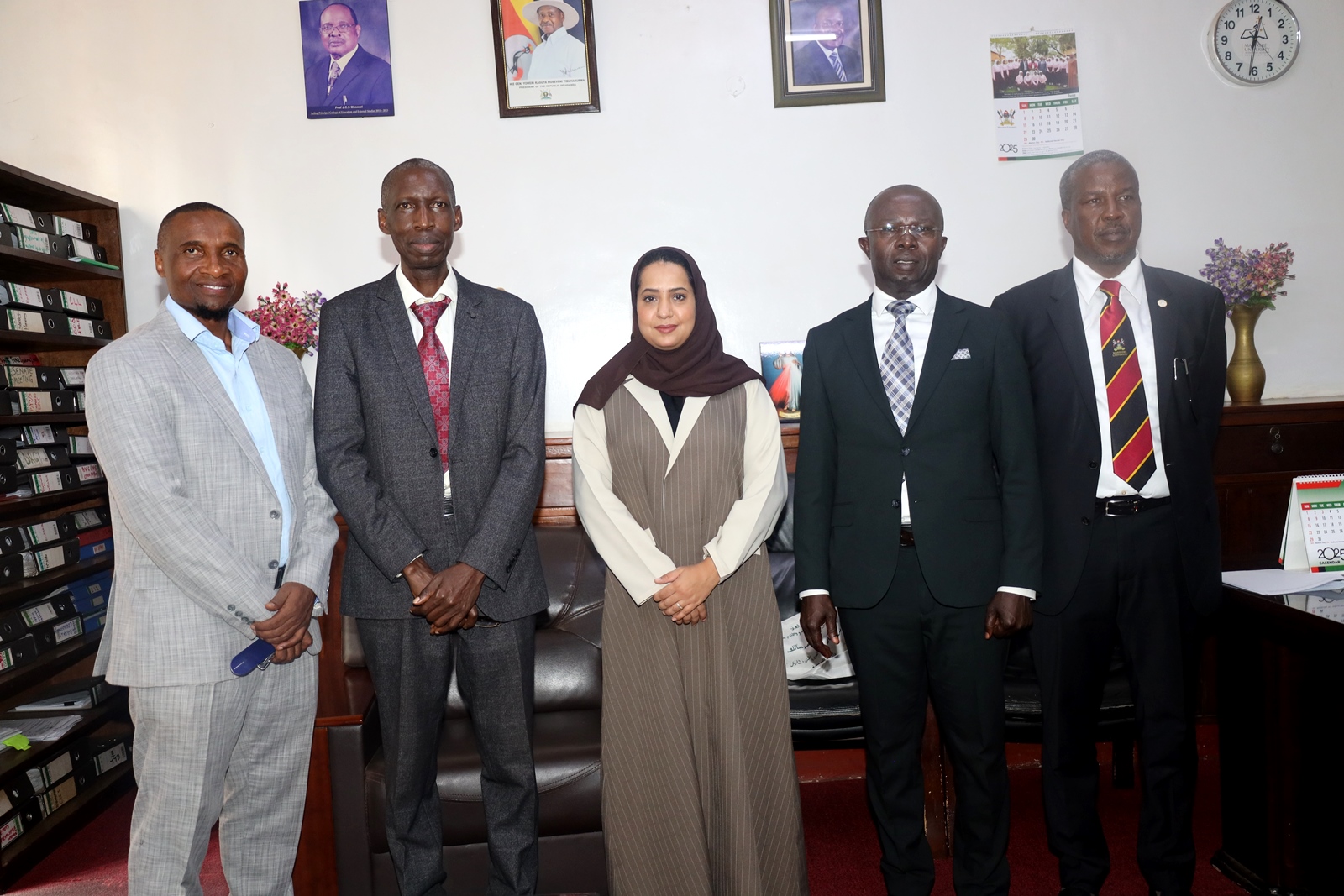
On 17th June 2025, the Principal of the College of Education and External Studies at Makerere University, Prof. Anthony Muwagga Mugagga hosted a meeting with Dr. Hanan Al Malki, the Director of Program and Centre Planning and Management at the King Salman Global Academy for the Arabic Language, aimed at building institutionalized partnerships in language education in Uganda and globally.
The proposed collaboration presents Makerere University with a golden opportunity to increase the number of students studying the Arabic language at the Undergraduate and Masters’ degree levels respectively through provision of scholarships, as well as, staff and student exchange programmes.
With reference to the 2024/2025 academic year, over 40 students are studying Arabic Language studies under the Bachelor of Arts with Education degree programme, and two (2) students studying the Arabic language at the Masters degree level at the College of Education and External Studies.
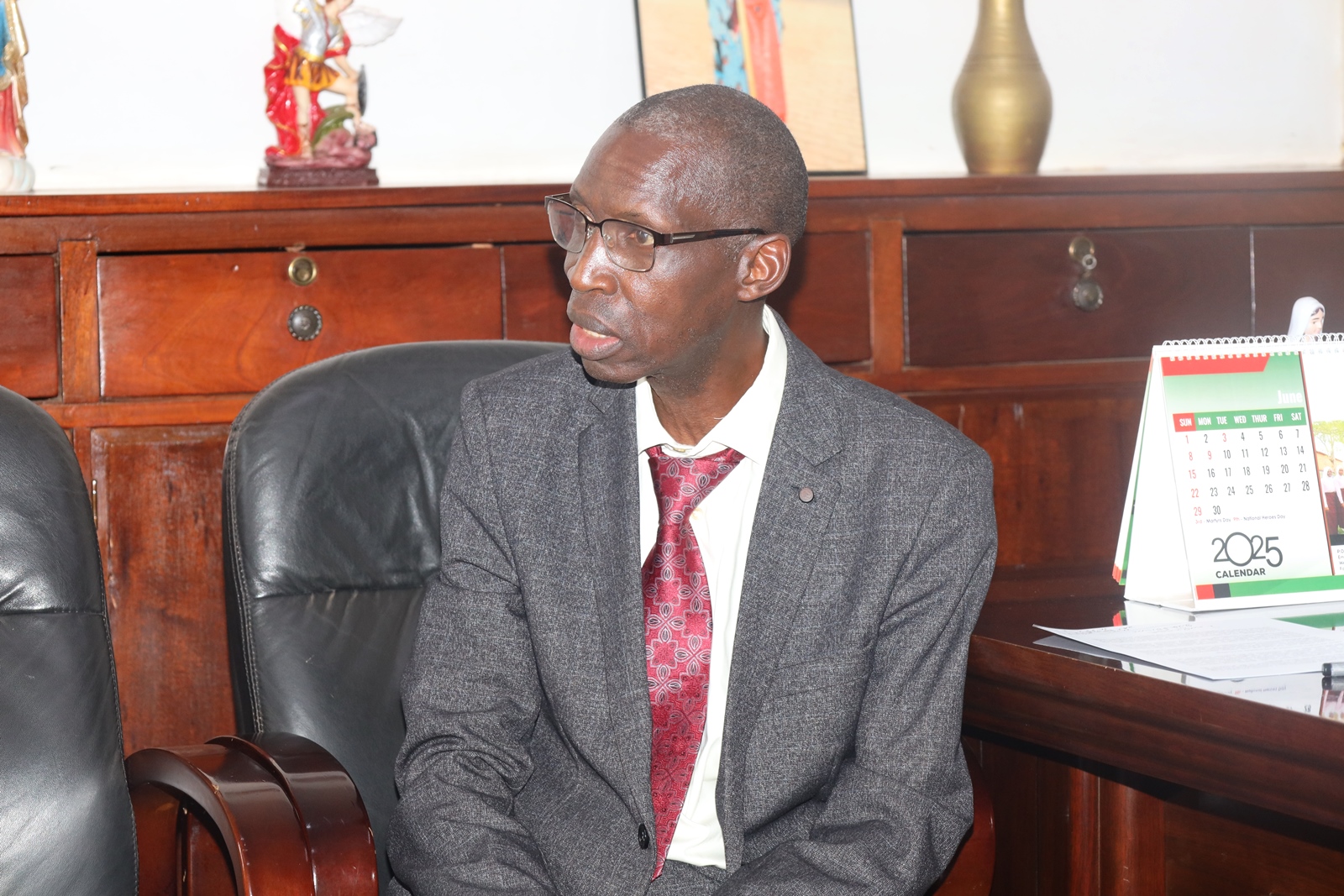
Welcoming Director Malki to the College, Prof. Mugagga expressed the readiness of staff members to collaborate with reputable partners to promote language education in Uganda and globally. He was delighted that through this meeting, the College had embarked on a fruitful discussion to partner with an international academy established to teach, promote and preserve the Arabic language.
The meeting brought on board the following academic staff at Makerere University: Dr. Muhammad Kiggundu Musoke-Head, Department of Humanities and Language Education, Dr. Ayoub Twahir Sekitto-Coordinator Arabic Languages at the School of Education, and Dr. Ibrahim Ssali- Coordinator Arabic Language, College of Humanities and Social Sciences.
Committed to forging collaboration with the College of Education and External Studies at Makerere University, Dr. Malki disclosed that partnering with universities was one of the most effective strategies in the promotion of the Arabic language, and revival of the Arabic culture in Uganda. In line with advancing the Arabic culture and values globally, Dr. Malki emphasized the academy’s focus on language planning, computational linguistics, education, and culture.
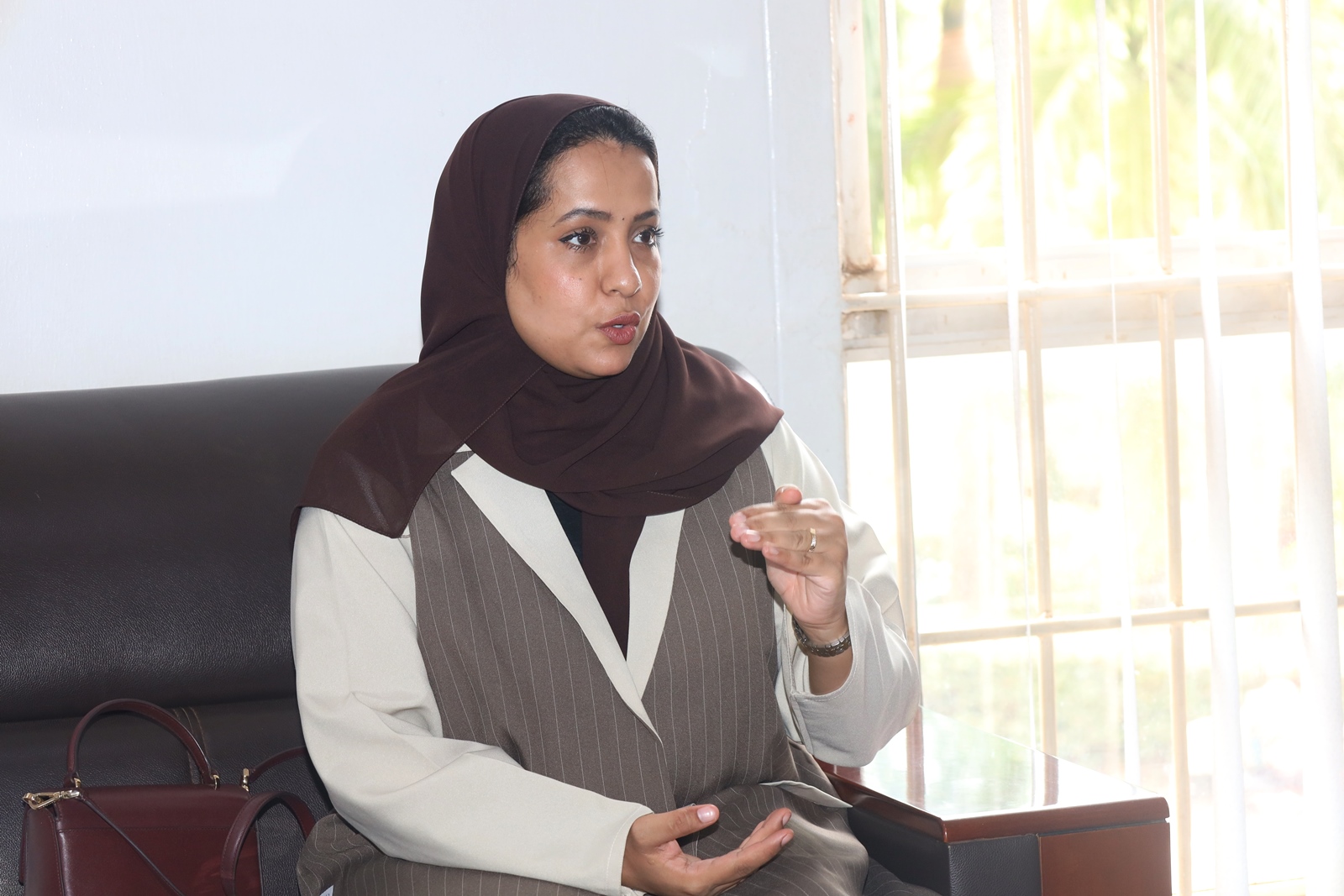
Contributing to the discussion on examining proficiency in the language, Dr. Malki recommended the use of digital testing to measure students’ proficiency in Arabic language.
During the meeting, both parties agreed to actively participate in the rejuvenation of Arabic studies at Makerere University and Uganda at large, through frameworks and institutionalized approaches guided by a Memorandum of Understanding (MoU). The MoU would set parameters for the collaboration integrating the proposed hosting of an Arabic Centre at Makerere University, provision of scholarships, staff and student mobility programmes, joint lectures and supervision, and establishment of teaching and learning facilities.
The College Principal supported the proposal to establish a specialized Arabic Institute with a Language Auditorium. According to Prof. Mugagga, the facility would provide one-stop centre for the teaching of the Arabic language and cultural exchange.
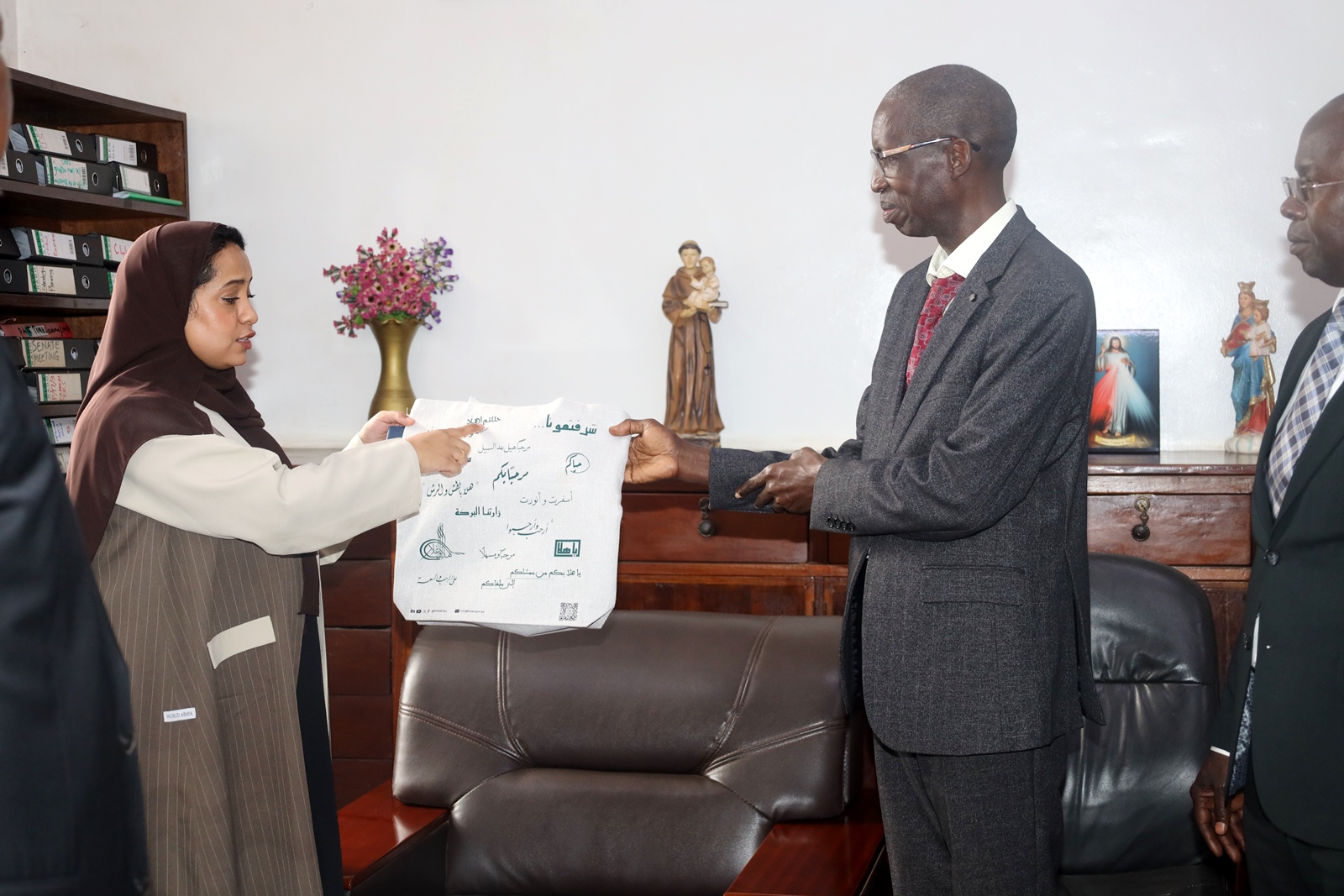
The Head of the Department of Humanities and Language Education, Dr. Kiggundu Musoke stressed the need to prioritize teacher training in the Arabic language field. He explained that through its degree programmes, the College of Education and External Studies trains a number of students/teachers, who on completion of their studies, contribute to the teaching, promotion and dissemination of the Arabic language in Uganda and beyond. However, the demand to enroll for the Arabic language studies is curtailed by the financial limitations faced by some of the prospective applicants.
Convinced that if the prospective students are supported financially to access University education the student enrollment in Arabic language studies would increase to the desired levels, Dr. Kiggundu Musoke urged members to expedite the finalization of the MoU to boost collaboration and provision of scholarships to both staff and students.
Education
Makerere Charts Bold Path for Digital Learning with New ODeL Master Plan
Published
4 weeks agoon
June 6, 2025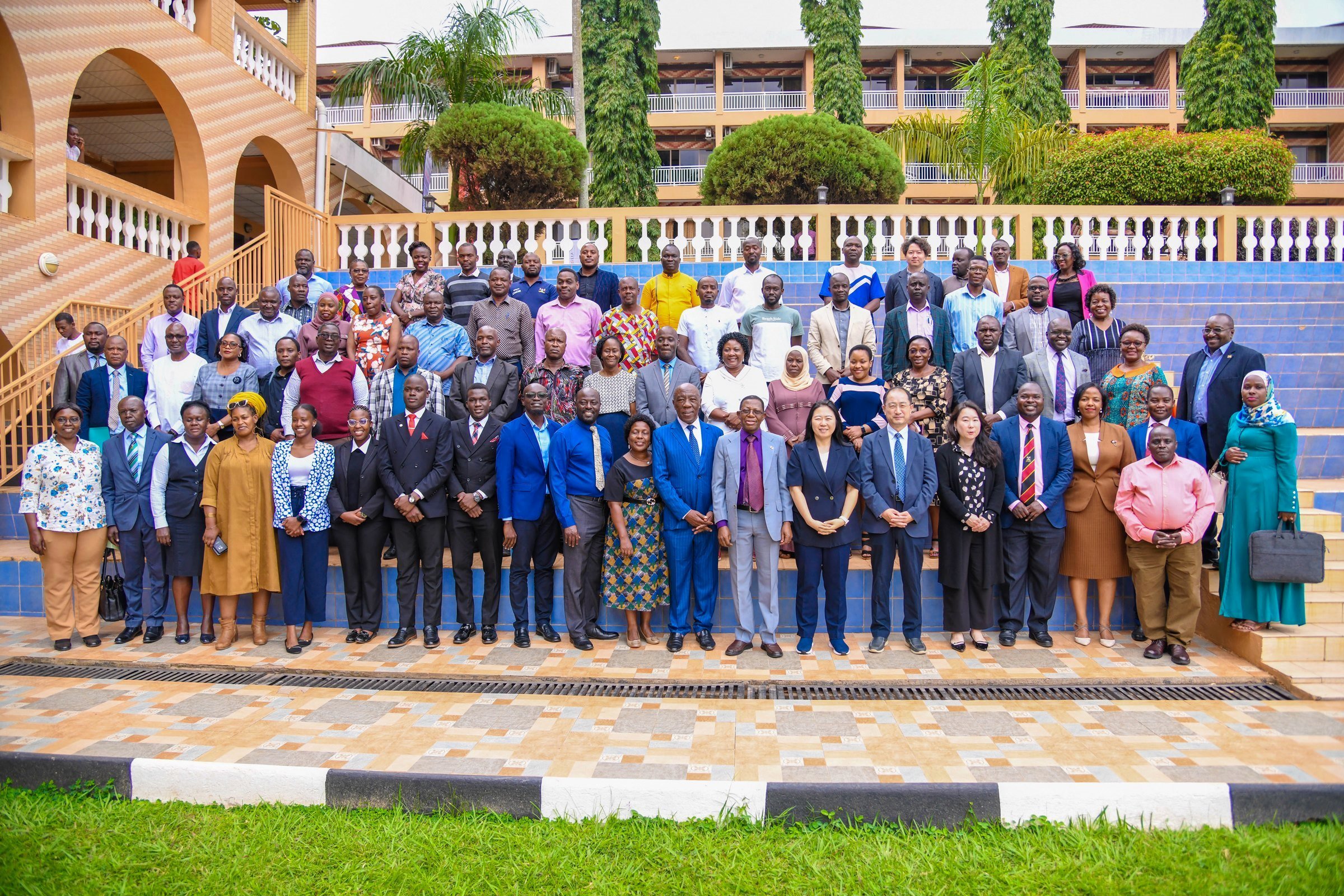
Makerere University has taken a significant step toward transforming its digital education landscape with the unveiling and stakeholder review of its Draft Master Plan for Open, Distance, and e-Learning (ODeL). The consultative workshop, held on Thursday, June 5, 2025, at Hotel Africana, brought together university leadership, academic staff, student representatives, and development partners to review the 10-year roadmap aimed at scaling access to quality, affordable, and inclusive education.
The workshop was officially opened by the Deputy Vice Chancellor (Academic Affairs), Professor Buyinza Mukadasi, who represented the Vice Chancellor. In his remarks, Prof. Buyinza underscored the transformative potential of the KOICA-supported initiative.
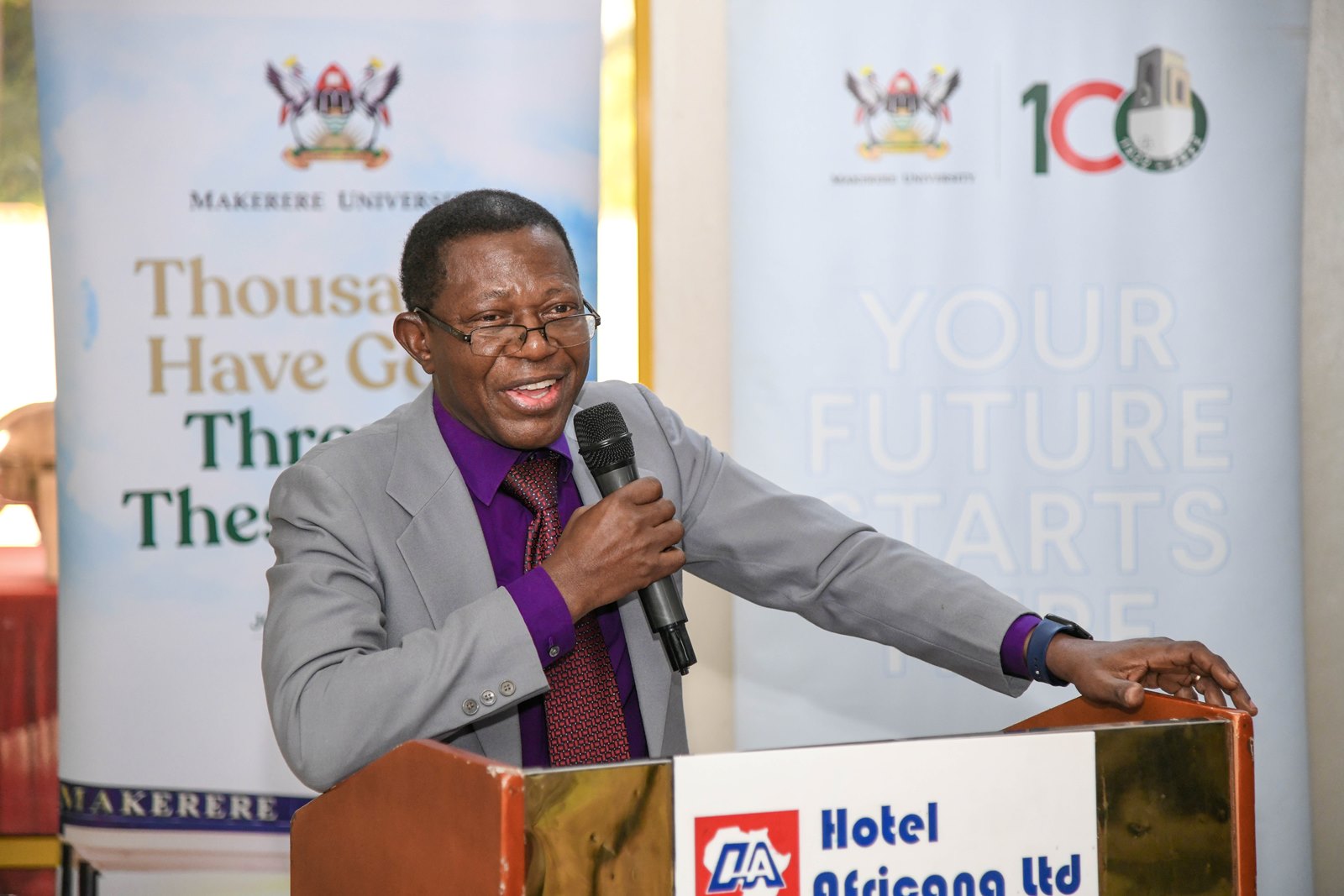
“This project is a significant milestone in our journey to enhance the university’s capacity in ODeL,” he noted. “With support from the people of the Republic of Korea, KOICA’s grant will enable us to strengthen our ODeL infrastructure, develop high-quality digital content, and build staff capacity. This investment will undoubtedly have a lasting impact on our institution and the wider education sector in Uganda.”
Prof. Buyinza also paid tribute to the late Prof. Sung Seyeoung, the head of the Project Management Consultant team in Seoul, who passed away earlier this year, describing him as “a dedicated partner in this transformative journey.”
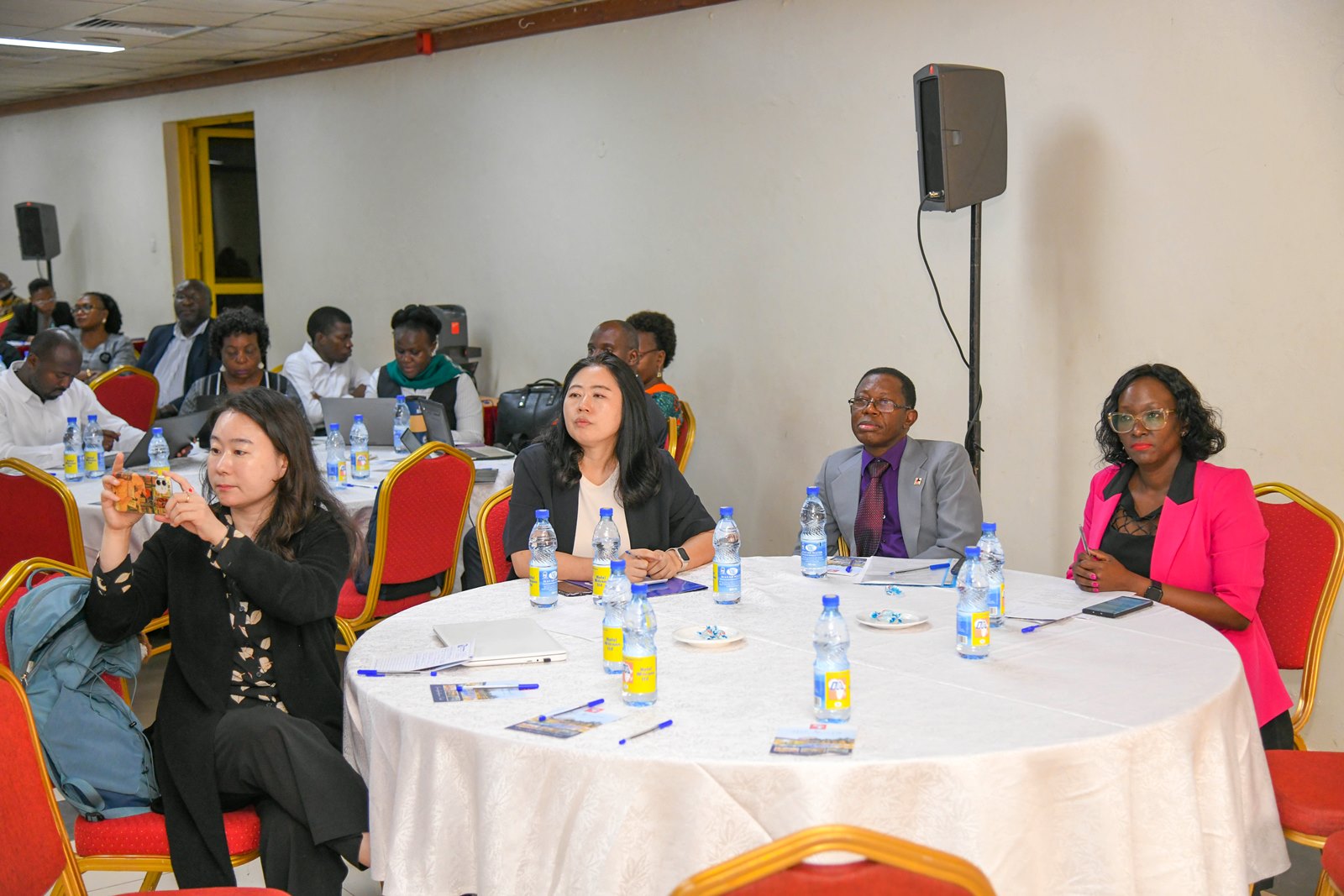
The project, which began in 2024, is being implemented with technical support from the Korea National Open University (KNOU) and the Korea Institute for Development Strategy (KDS). It focuses on three core components: development of a strategic and contextualized ODeL masterplan; capacity building for academic, administrative, and technical staff; and enhancement of ODeL infrastructure, including a new Learning Management System (LMS), Content Management System (CMS), ICT equipment, and the construction of a dedicated ODeL building.
Professor Henry Alinaitwe, the Project Investigator, emphasized the forward-looking nature of the initiative. “Through this masterplan, we are not only expanding access to higher education across Uganda and beyond, but also redefining how knowledge is delivered in the 21st century,” he said.
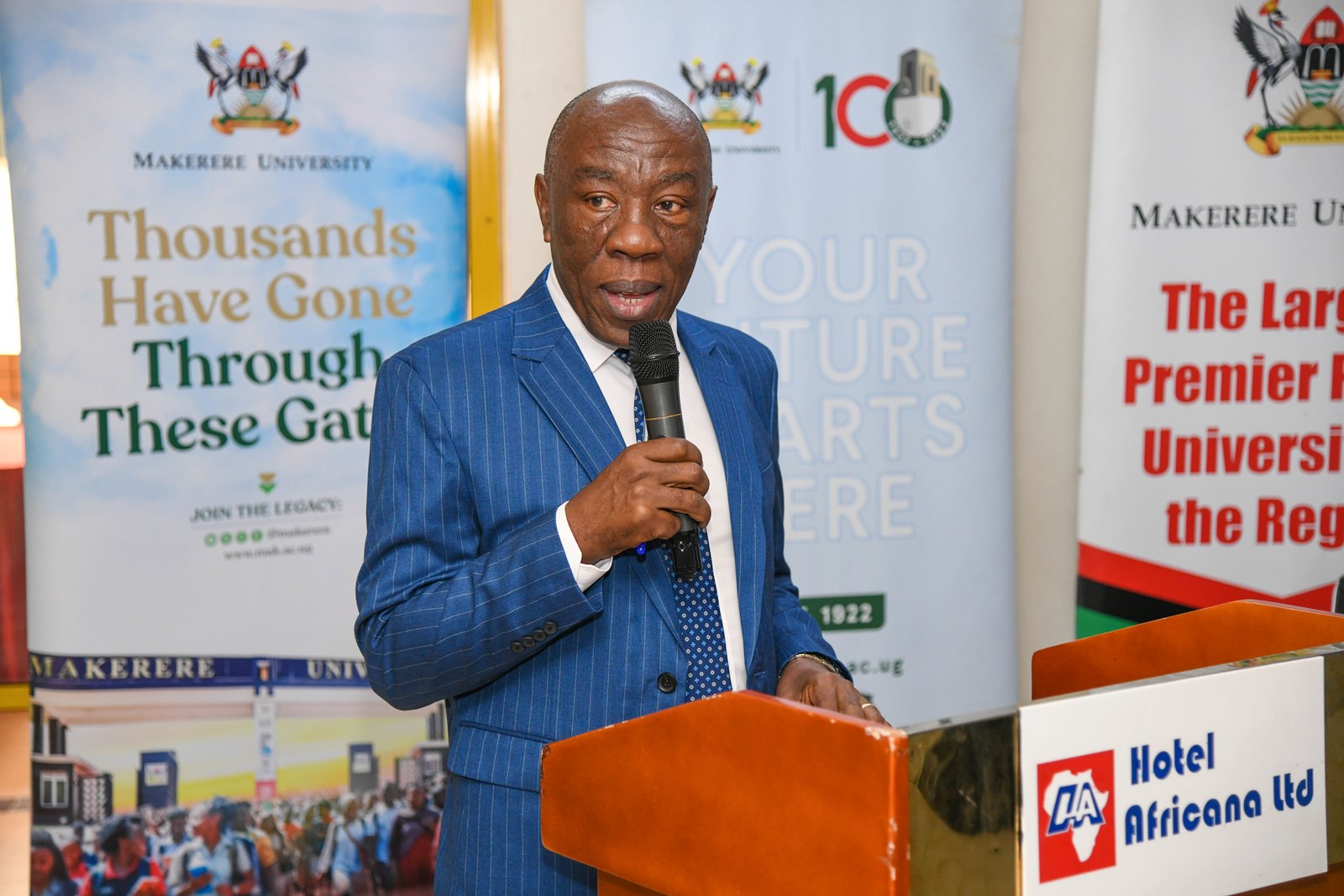
The workshop aimed to disseminate information about the masterplan, gather stakeholder feedback, and prepare the document for preliminary approvals by the University Senate and Council. The draft was developed by a joint task force composed of Ugandan and Korean experts, including representatives from KNOU, KDS, Makerere’s Institute of Open, Distance and e-Learning (IODel), and the Directorate for ICT Support (DICTS).
Prof. Alinaitwe noted that all three project components are progressing steadily. Training sessions are underway both in Uganda and Korea, and the design for the Mak-ODeL building is currently 60% complete, with construction expected to commence later in the year.
The ODeL Master Plan (2025–2035) envisions Makerere as a regional hub for digital education. It outlines strategies to increase the number of accredited ODeL programmes, enhance ICT infrastructure, improve content development, and ensure that distance learners can access high-quality and flexible education through the university’s Moodle-based MUELE platform.
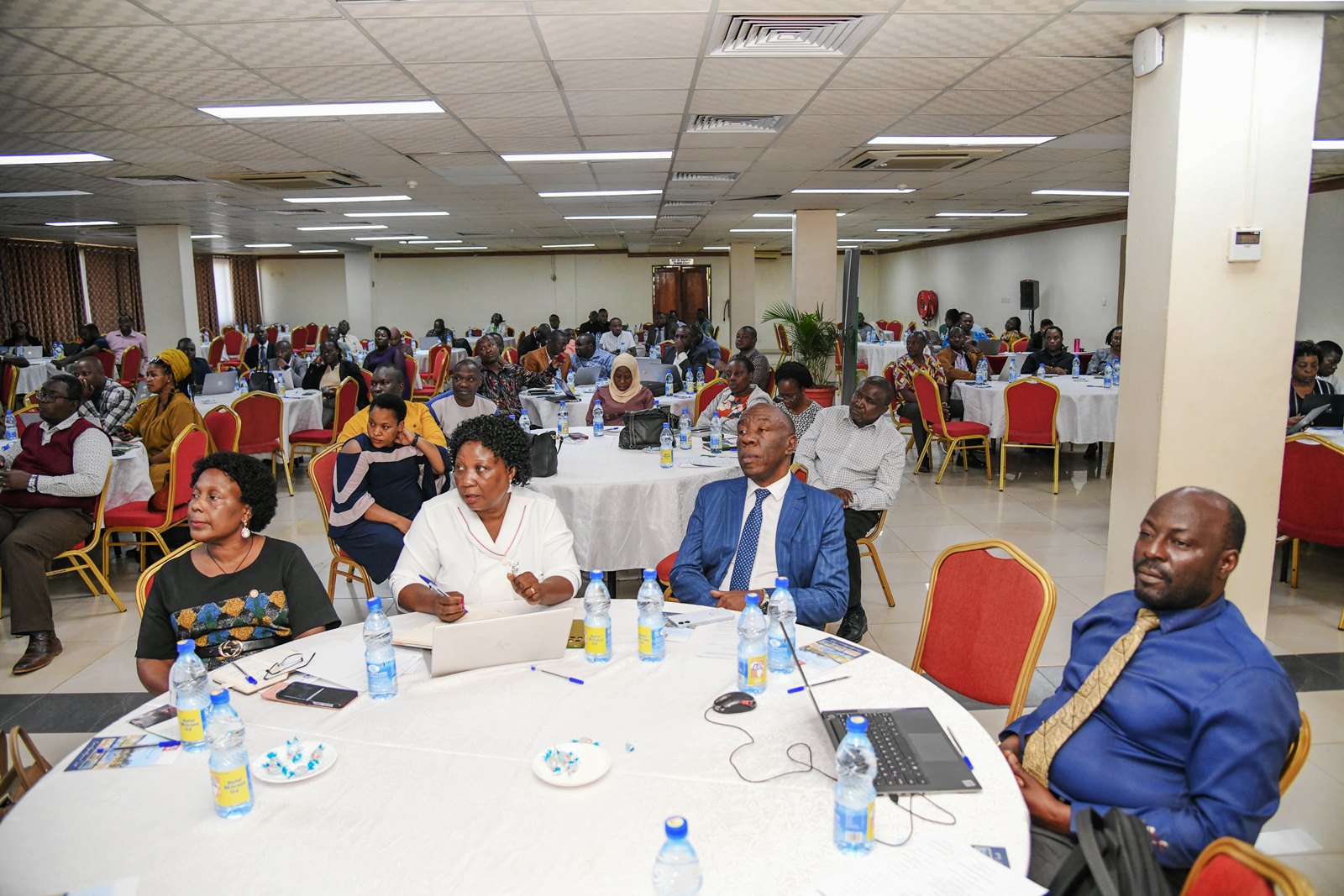
Speaking at the workshop, KOICA Country Director Ms. Ahn Jihee commended Makerere for its commitment to digital transformation. “We believe education is a powerful driver of national development, and we are proud to partner with Makerere University on this ambitious journey,” she said. “Our partnership is not just about technology, but about building resilient systems and empowered people who can shape the future.”
She also recognized the efforts of both Ugandan and Korean teams and encouraged continued dialogue and knowledge sharing.
Currently, only 8 of Makerere’s academic programmes are offered through ODeL. However, the university’s Strategic Plan (2020–2030) envisions a substantial increase in that number. The new masterplan draws from international best practices including models from KNOU, Hanoi Open University, and the Africa Virtual University.
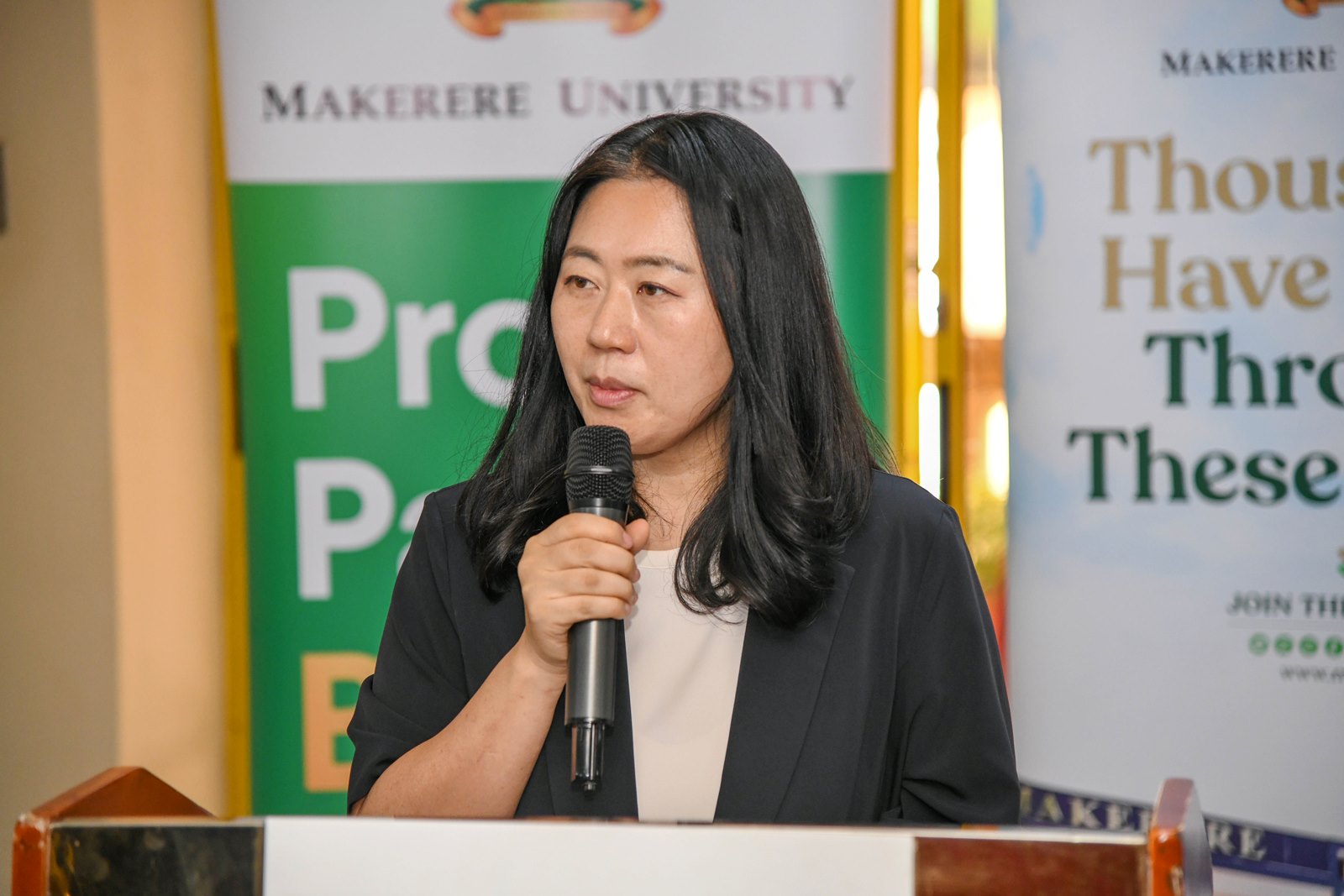
Prof. Alinaitwe extended special thanks to KOICA and its Kampala-based experts Prof. Kim Hyunjoo and Mr. Kim Kihun for their ongoing support, and acknowledged the contributions of the Makerere team—Prof. Paul Muyinda, Dr. Godfrey Mayende, Dr. Harriet Nabushawo, Dr. Richard Kajumbula, Mr. Samuel Mugabi, and Co-PI Dr. Venny Nakazibwe.
“We are laying the foundation for a future where Makerere University can provide education that is not just accessible, but also adaptable to the needs of learners wherever they may be,” he concluded.
The masterplan, once finalized and approved, is expected to usher in a new era of blended, learner-centered education that meets both local and global demands.
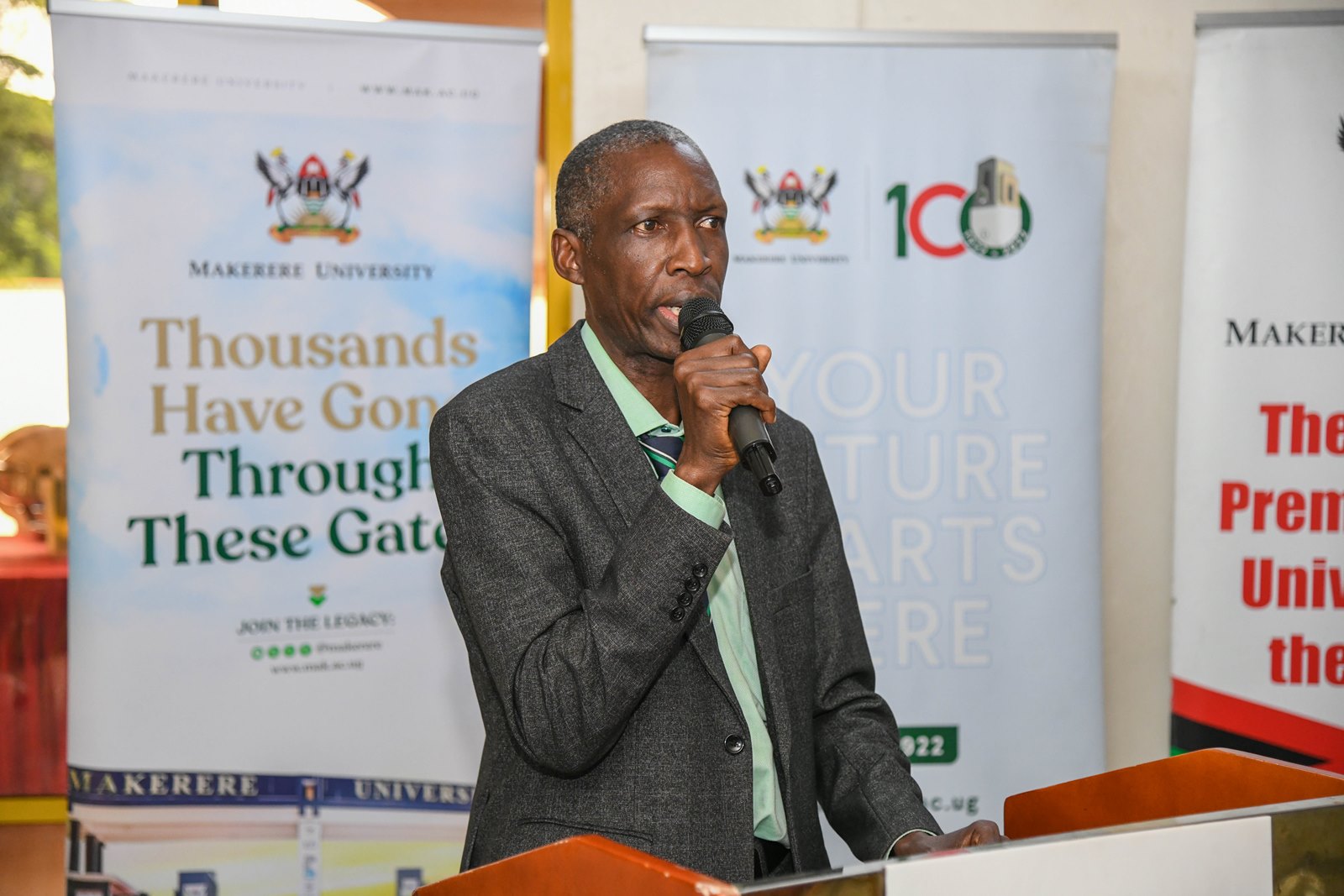
In his closing remarks, Professor Anthony Mugagga, who represented the Deputy Vice Chancellor (Finance and Administration), applauded participants for their insightful engagement. He emphasized the need for academic units to take ownership of ODeL implementation.
“The future of education is blended and borderless,” Prof. Mugagga said. “We must collectively embrace this shift—not just through policy, but through action: by developing new programmes, supporting learners, and investing in infrastructure that will carry us into the next generation of higher education.”
He also expressed appreciation to KOICA for its continued support and funding, which he said is helping to shape a more resilient and inclusive education system for Uganda and the region.
Trending
-

 Education1 day ago
Education1 day agoAdmission List to Bachelor of Education External (BED) 2025/26 -Private Sponsorship
-

 General1 week ago
General1 week agoMature Age Scheme Exam Results for 2025/2026
-

 General2 weeks ago
General2 weeks agoFreshers’ Joining Instructions 2025/2026
-

 General4 days ago
General4 days agoUndergraduate Admission List Self Sponsorship Scheme 2025/2026
-

 General2 weeks ago
General2 weeks agoMastercard Foundation Board pays its inaugural visit to Makerere University
